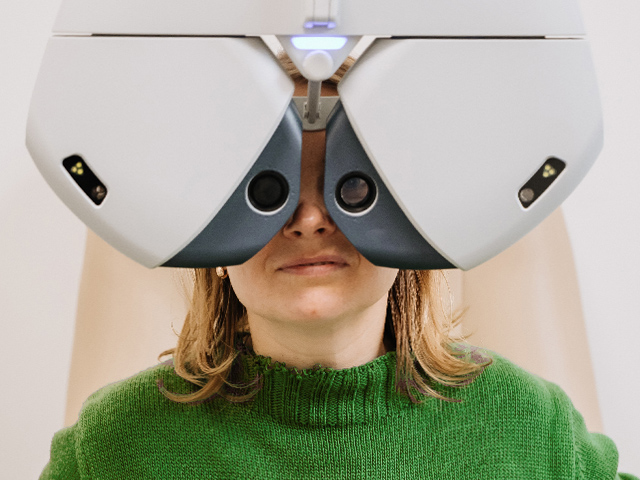
Most parents get confused about vision screening and eye exams for their children. They often assume that once one happens, it has taken care of all the others. The two types of vision tests administered to children are different and serve their unique individual purposes. Read on to learn more.
What Is Vision Screening?
Vision screening is an elementary test that can detect vision or eye issues. However, it cannot diagnose the problem. It aims to catch the reduced vision and eye conditions that can lead to vision loss.
Vision Screening Schedule
Your child will need several routine screenings for their vision before age five. The sessions will help check if they have normal vision development.
The first one will happen at birth in the newborn nursery. It will be part of the neonatal physical exam. After six months, they will need another screening at the pediatrician during their routine evaluation.
You will need to take your child for another vision screening at three-and-a-half years. It will also happen at the pediatrician and includes a visual acuity assessment on an eye chart. Once they reach five years, they will get another screening done at school or at the pediatrician.
What Is an Eye Exam?
An eye exam involves tests that assess vision and focusing ability to discern objects. A comprehensive eye exam can diagnose severe conditions like cataracts and diabetic retinopathy.
What Happens During an Eye Exam?
A pediatric eye exam can be stressful for children. Your child may not be able to communicate their anxiety and symptoms. However, specialists do their best to make it fun. Hence, it is always ideal to know what to expect so that you can prepare and make it as smooth as possible.
The specialist will ask about family and medical history. Family history and particular medical conditions can increase the risk of eye problems. Expect the specialist to perform a basic eye exam to check visual acuity or sharpness. It will also examine their eye muscle and pupil function.
A dilation test will also happen. It involves placing drops in the eyes so that the child’s pupils can dilate. It will take approximately 40 minutes to dilate the pupils. The pediatric ophthalmologist will examine the eye structures once their eyes dilate. They will check structures such as the optic nerve, cornea, retina, and iris lens.
Vision Screening Versus Eye Exam
Vision screening is different from an eye exam. If you are unsure which one your child needs, you need to know that each has its unique function. Pediatric vision screening happens at the pediatrician as a routine test. Trained screeners can also perform it on your child while in school.
Vision screening happens quickly and does not need specialized equipment. If the screener identifies any eye problems, they will refer you to an ophthalmologist for an eye exam. A pediatric ophthalmologist performs eye exams. They diagnose blocked tear ducts, eye movement disorders, and conditions that can lead to permanent vision loss. These conditions include retinopathy of prematurity and pediatric cataracts.
Your child can pass vision screening but still get referred for a pediatric eye exam under certain circumstances. An eye exam may be necessary if your infant has symptoms such as an abnormal white pupil, poor tracking, wandering, drift, or cross eyes. School performance problems could also be because of undiagnosed vision problems. If your child has learning disabilities, they may need a pediatric eye exam to diagnose visual disorders.
For more about vision screening and eye exams, visit Alpha Eye Group at one of our offices in Pennsylvania.




